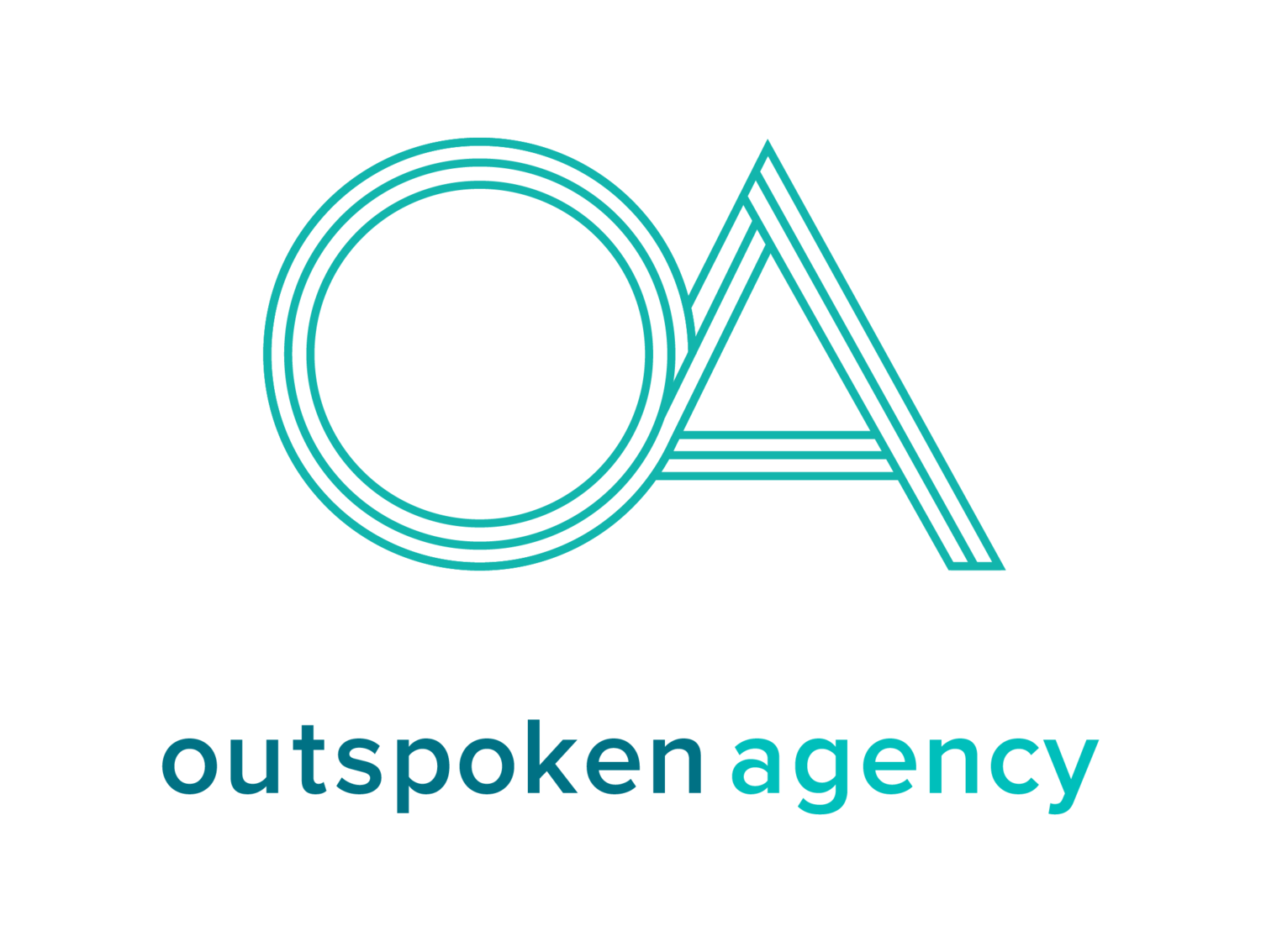Juneteenth’s Legacy: Inspiring Liberatory Practices in Modern Society
/Imagine a world where everyone has the freedom to thrive, unburdened by systemic barriers. Think it’s possible? That's the essence of liberatory thinking and design. It’s about creating spaces where equity, justice, and inclusivity are the norm. This approach doesn’t just challenge the status quo—it transforms it. By centering marginalized voices and fostering collaboration, liberatory design promotes innovative solutions to complex societal issues. It’s not just an ideal; it’s a practical, powerful way to build a more just and equitable world, one that benefits us all.
Juneteenth, celebrated today (June 19th), is more than a historical milestone—it's a vibrant symbol of freedom and resilience. It commemorates the day in 1865 when the last enslaved African Americans were finally freed. But Juneteenth isn't just about the past—it's about the ongoing fight for true liberation. This celebration perfectly embodies liberatory thinking, emphasizing justice, equity, and the dismantling of systemic oppression. By celebrating Juneteenth, we recommit ourselves to building a future where everyone enjoys genuine freedom and equality.
Just as Juneteenth reminds us of the ongoing journey toward freedom, infusing liberatory thinking into our everyday conversations can drive real change. Imagine bringing these principles into the tech industry, where we design products that are inclusive and fair, or into education, where curricula reflect diverse histories and perspectives. In healthcare, this means addressing disparities to ensure everyone receives equitable treatment. By integrating liberatory design, we break down barriers and create spaces where all voices are heard. This shift isn’t just beneficial; it’s essential for a thriving, just society.
To truly embrace liberatory thinking, hearing from experts who live and breathe these principles is invaluable. Here are six exceptional speakers who can inspire and inform your audience:
Ruha Benjamin: An award-winning author and scholar at Princeton University, Ruha Benjamin explores the intersections of race, technology, and justice. Her work uncovers how innovation can both perpetuate and dismantle social inequalities, making her insights essential for anyone looking to understand and implement liberatory principles. Her book, Imagination: A Manifesto, challenges us to envision and create a more just world—another one of her books being used as a community/common read.
Rina Bliss: As a sociologist and author, Rina Bliss examines the societal implications of genetic research. She highlights how genetic information can be empowering or oppressive, depending on its use. Her expertise, particularly highlighted in her book Rethinking Intelligence, enriches discussions on the complex interplay between genetics, society, and human potential, encouraging imaginative and liberatory design for future educational advancements.
Lorgia García Peña: Lorgia García Peña, a scholar in Latinx studies, delves into diaspora, immigration, and social justice. Her critical understanding of historical and cultural narratives helps illuminate the experiences of marginalized communities, making her insights vital for fostering cultural equity. Her book, The Borders of Dominicanidad: Race, Nation, and Archives of Contradiction, won the 2017 Isis Duarte Book Prize, further cementing her contributions to liberatory scholarship.
Kimberly Bryant: Founder of Black Girls Code, Kimberly Bryant champions diversity and inclusion in tech. Her organization empowers young women of color to succeed in technology, breaking down systemic barriers and exemplifying liberatory design in action. And now she’s investing in back into the South, where marginalized communities of color were left behind during Reconstruction, through her Black Innovation Lab based in Memphis.
Paula Stone Williams: Paula Stone Williams, a transgender woman and DEIB advocate, brings a unique perspective on gender equity and LGBTQ+ issues. Her experiences and foundational teachings on narrative-based communications provide powerful insights into the challenges and triumphs of marginalized communities, essential for creating inclusive environments and bringing any and everyone together.
Terence Keel: An interdisciplinary scholar, Terence Keel focuses on the historical and scientific roots of racism. His research illuminates how science and religion have historically justified inequality, providing a powerful lens through which to dismantle these entrenched systems. His expertise is invaluable in envisioning a more just health system, urging us to challenge and transform the paradigms that perpetuate inequity and envision a future where health equity is a reality for all.
Booking these speakers for your next event can provide diverse perspectives, inspiring imaginations towards actionable change and fostering a more inclusive and equitable society.
By integrating liberatory thinking and design principles into various sectors, we can address systemic inequalities and foster inclusive environments. Engaging with experts like Ruha Benjamin, Rina Bliss, Lorgia García Peña, Kimberly Bryant, Paula Stone Williams, and Terence Keel can inspire meaningful conversations and drive actionable change. These speakers bring diverse perspectives that can help transform your organization or event. Beyond today’s remembrance and celebration of liberation for our ancestors long ago, let’s embrace liberatory thinking moving forward to pave the way for a future where everyone can truly thrive.



